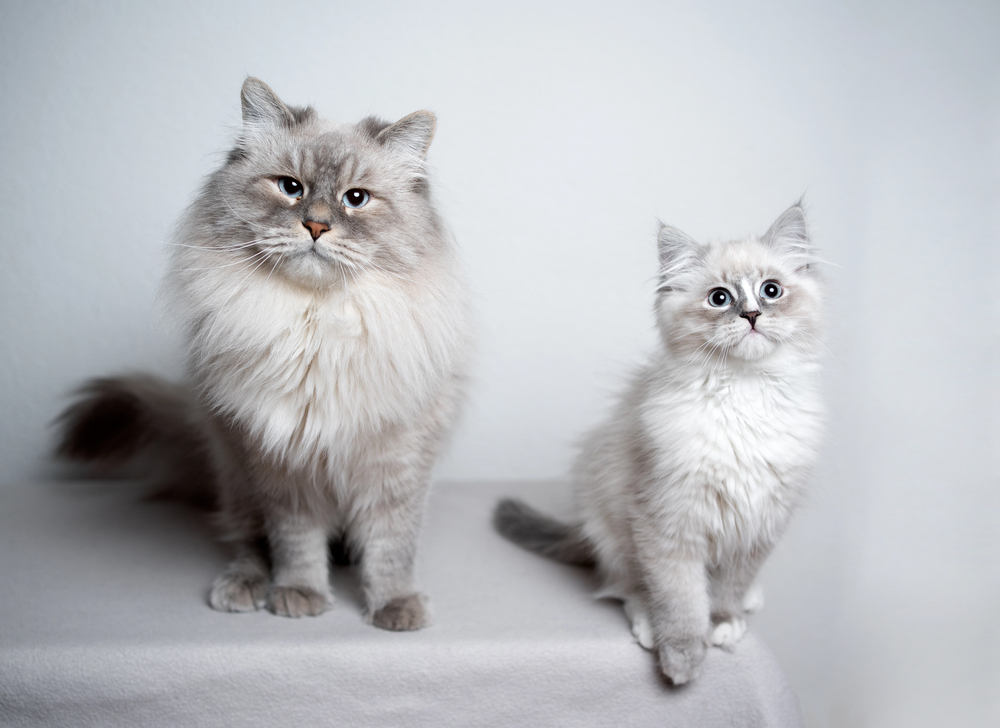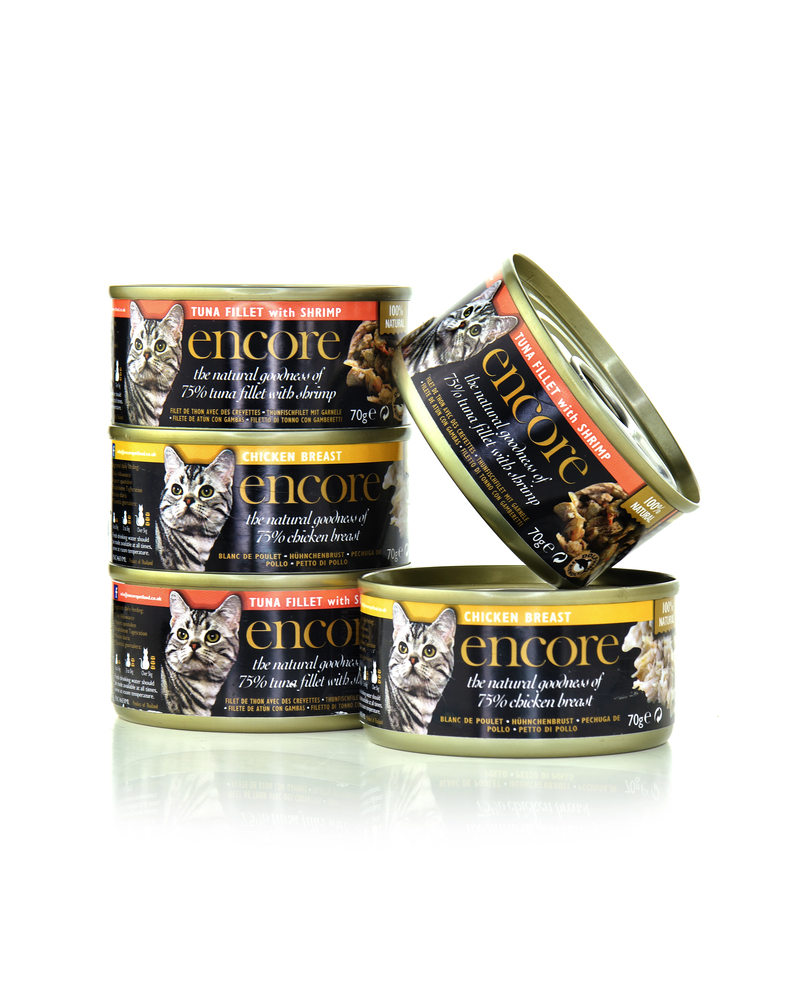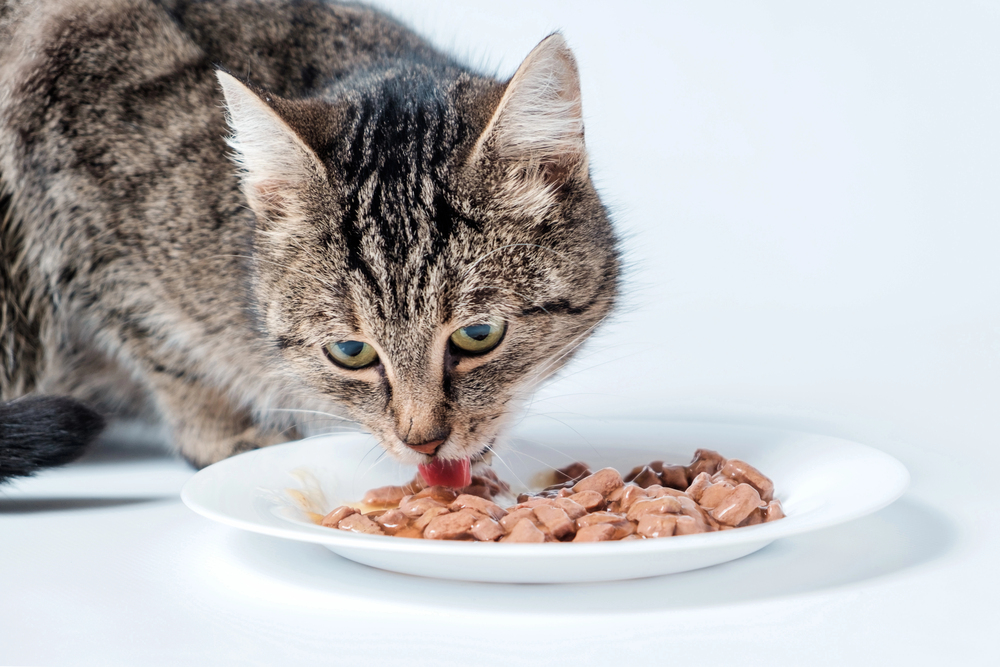
From playful puppies to wise seniors, discover how to choose a diet that supports your pet’s unique needs at every life stage.
Read Time: 4 minutes
Feeding your pet may seem as simple as filling a bowl, but the truth is: nutrition plays a critical role in your dog or cat’s lifelong health. The right food depends not only on their species, but also on their breed, age, size, and activity level. Choosing a diet that’s tailored to your pet’s unique needs can support energy, digestion, immune health, and even behavior.
Here’s how to make the best choice when it comes to feeding your pet—whether they’re a growing puppy, a small-breed senior, or anything in between.
Start With Life Stage: Young, Adult, or Senior
The first step in choosing the right food is to match it to your pet’s life stage. Puppies and kittens need high-calorie, nutrient-rich food to fuel their development. Most pet food brands offer formulas specifically labeled for growth, which support the development of bones, muscles, and brains.
Adult dogs and cats (usually age 1–6) need maintenance formulas designed to sustain their health and energy without contributing to weight gain. As pets age—typically around 7 for dogs and 10 for cats—senior formulas with joint support, fewer calories, and added antioxidants help manage the effects of aging.

Consider Breed Size and Body Type
Breed plays a role in metabolism, food volume, and even how your pet chews. Large-breed puppies need food with carefully controlled calcium and phosphorus to support healthy bone growth and prevent joint problems. On the other hand, small breeds may require more calorie-dense kibble in smaller sizes that are easier to chew.
Some pet food companies offer breed-specific formulas, but even without those, you can still choose foods tailored for small, medium, or large breeds based on your pet’s size and growth pattern.

Match Nutrition To Activity Level
Is your dog a couch companion or a weekend hiker? Is your cat an indoor lounger or a playful explorer? Pets with higher energy demands need more calories and protein to maintain their muscle mass and stamina. Meanwhile, lower-activity pets benefit from reduced-calorie diets to prevent unnecessary weight gain.
Your veterinarian can help you calculate the appropriate portion sizes and calorie needs based on your pet’s lifestyle and body condition score.

Understand Ingredient Quality and Labels
Look for pet foods that list a high-quality protein source (like chicken, beef, or salmon) as the first ingredient. Avoid foods with excessive fillers, unnamed meat by-products, or artificial preservatives. Brands that meet AAFCO (Association of American Feed Control Officials) standards have undergone testing to ensure nutritional adequacy.
Don’t be swayed by marketing alone. Grain-free, raw, and boutique diets may not always be appropriate for your pet, especially without veterinary guidance. What matters most is that the food meets your pet’s nutritional needs, not that it’s trendy.

Ask Your Vet Before Making a Switch
Sudden food changes can cause digestive upset, especially in sensitive pets. Before switching diets, it’s a good idea to talk with your veterinarian about the right time, formula, and transition schedule for your dog or cat.
Pets with medical conditions, food allergies, or digestive sensitivities may benefit from prescription diets or therapeutic nutrition plans tailored specifically to their needs.

We Can Help You Make the Right Choice
At Windermere Veterinary Services, we know how overwhelming pet food aisles can be. That’s why we’re here to help you choose the right diet with confidence. Our team takes into account your pet’s age, breed, lifestyle, and health history to recommend trusted, science-backed food options.
Windermere Veterinary Services Is Here To Help
We’re happy to review your current food, answer your nutrition questions, and guide you through the transition process when needed. Good nutrition is one of the best gifts you can give your pet—and we’re here to help you do it right.
Call us today at (407) 217-7635
Long-Term Health Starts in the Bowl
The food you choose today can affect your pet’s health for years to come. By choosing a balanced, age-appropriate diet tailored to your pet’s breed and lifestyle, you’re giving them the best foundation for a long, energetic life.
And remember: nutrition is never one-size-fits-all. As your pet grows and changes, their diet may need to as well. That’s where a trusted veterinary partner makes all the difference.

Call Us To Discuss Your Pet’s Diet
At Windermere Veterinary Services, we’re proud to offer guidance that supports your pet’s wellness, starting with what’s in their bowl.
Call (407) 217-7635

